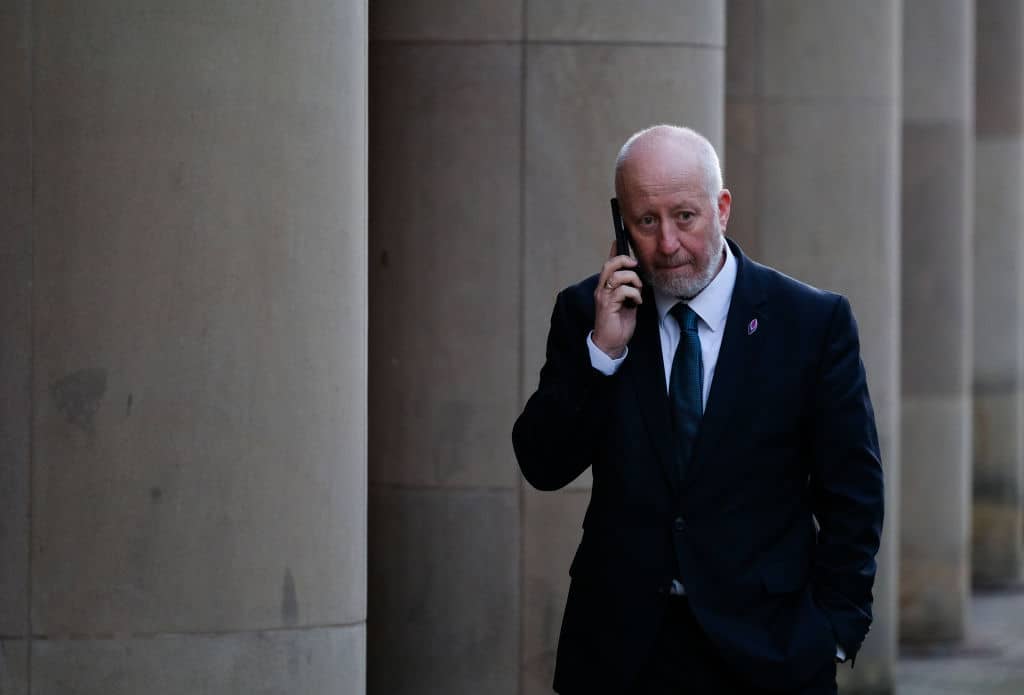Andy McDonald has resigned from Labour’s shadow cabinet after Keir Starmer refused to back raising the Minimum Wage to £15 an hour. In his resignation letter, he writes:
‘Yesterday, your office instructed me to go into a meeting to argue against a National Minimum Wage of £15 an hour and against Statutory Sick Pay at the Living Wage. This is something I could not do.’
More damagingly, he adds:
Starmer has set great store by trying to keep the Labour party together.
‘I joined your frontbench team on the basis of the pledges that you made in the leadership campaign to bring about unity within the party and maintainability our commitment to socialist policies.
‘After eighteen months of your leadership, our movement is more divided than ever and the pledges that you made to the membership are not being honoured. This is just the latest of many.’
Starmer has set great store by trying to keep the Labour party together. This week has already seen a departure from that with his controversial reforms to the way the party elects its leaders.
McDonald is on the left of the party, and his criticism that Labour is more divided than ever reflects the growing view among the leading lights on that side of the spectrum that Starmer doesn’t really want to work with the left.
His departure hasn’t surprised those around Starmer, though. They’ve pointed out that Angela Rayner set out the party’s plan for work at the weekend, and that this had the blessing of McDonald as one of the shadow ministers who worked on it. That plan, which you can read in full here, merely says:
‘Labour is demanding that the minimum wage is immediately raised to at least £10 per hour for all workers and will continue to evaluate what a real living wage should be.’
It also only pledges to ‘raise Statutory Sick Pay’ rather than suggesting that it should be pegged to the Living Wage.
McDonald’s departure will lead to other Labour shadow cabinet who have backed a higher minimum wage coming under pressure to explain why they aren’t resigning too.
Even if this is ultimately helpful for Starmer as he can appoint someone more supportive of his way of thinking to the job, a resignation at conference is extremely rare. It highlights the deep angst within the party, rather than what policies it is offering (albeit not particularly attention-grabbing ones) to voters. It is difficult so far to glean a theme to the week from the official speeches and fringe debates. But unless things change, this conference will largely be remembered for infighting.







Comments